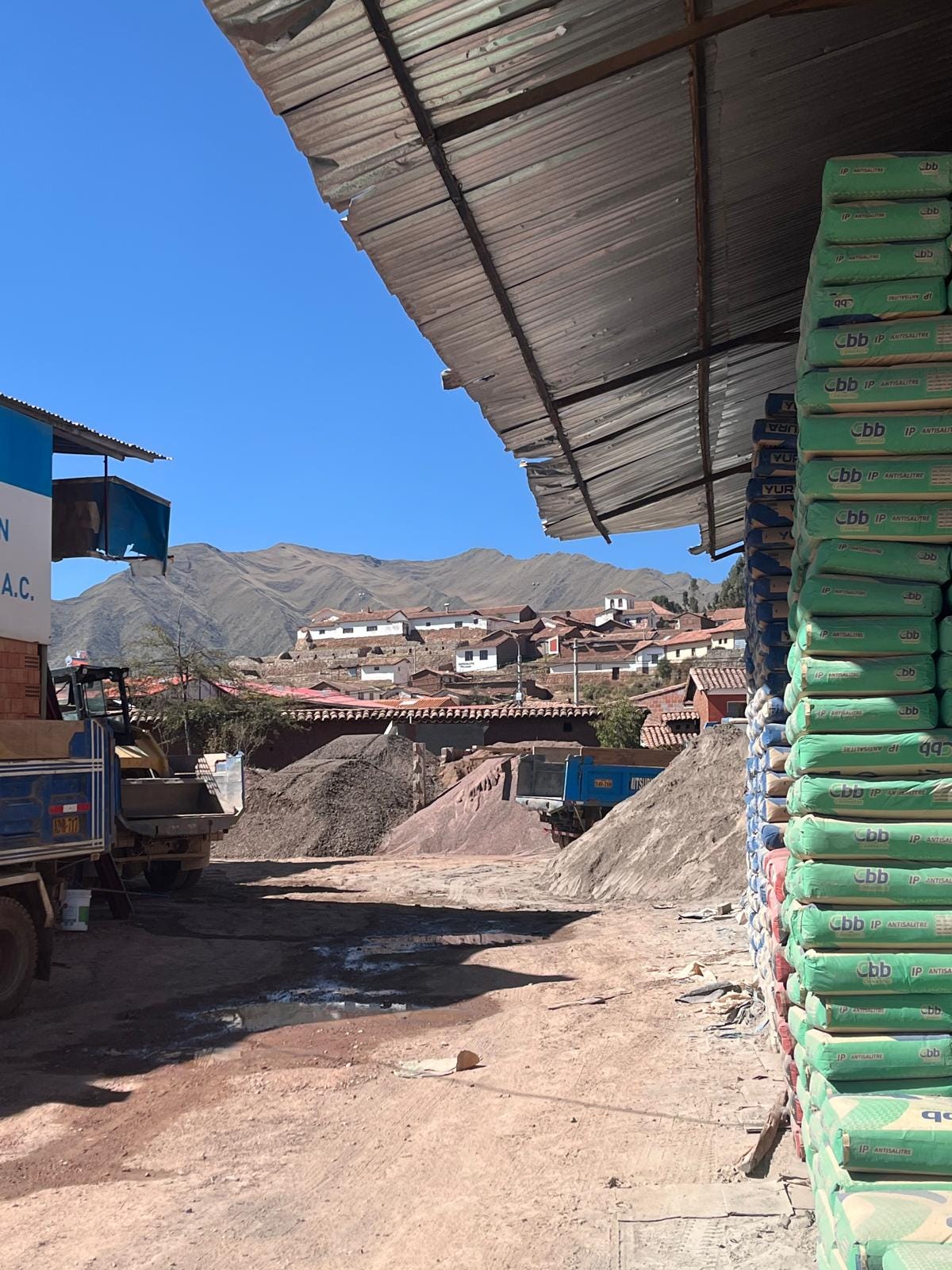what wields economy ?
José Carlos Mariátegui (1928) 7 Interpretive Essays on Peruvian Realities
José Carlos Mariátegui published the 7 Interpretive Essays on Peruvian Realities in 1928 with socialist claims, writing with a passioned voice and a force of change. He maintained recognition as one of the most widespread Marxist voices in Latin America. I’ve only so far read the first two essays; 1. Outline of the Economic Evolution and 2. The Problem of the Indian. I’m into it, as I feel his opinion is very informed with critical cadence imparting inspiration…
While he provides the story of Peruvian economy, “as an aspect of empire”/ “built on colonial cast” — depicting the role of gold and silver then guano and nitrates, a conversation emerges about the various dynamics of socialist economy turned feudal economy, and opportunities for trade turned debt and dependency with foreign (mainly English) banks.
It is interesting to read this texts, that seems slightly charged with the purpose of educating a population towards change, and see that involved is both the outer influence of commerce and business as well as the newly formed capitalist class benefiting directly and indirectly from spaces of export industry. He observes the “consequences of their discovery and exploitation” (p.34). Here he is questioning scientific progress… as an outcomes of instability (?). He makes specific comparisons these economies with the collectivist Inca, the installed “habit of a humble and religious obedience to social duty, which benefitted the economic system” (p.28). With this I can’t help but feel that Mariátegui is highly skeptical and imperial modernity, seeming to questions the basis of the knowledge systems in play.
There is a lot of important information in these texts that explain the heightening of imperial dominion, for example the loss of nitrate territory/resource in the War of the Pacific after which The Grace Contract prescribed ownership of Peruvian railroads to English bankers. As well as how export trade centred capital around the coast, which was also under the control of the British who financed the administrations.
However, back to the essay’s allusions to the Inca; Mariátegui speaks of the leadership of prosperity as a feature equally as important as the system which shapes economy. With the new bourgeois economy, Peru gained independence, and following the common mold of young nations, “military leaders took charge; but they were spiritually and organically incapable of directling the task of economic reconstruction” (p.35).
What does he mean by this? Is Mariátegui suggesting in his Outline of Economic Evolution that the lack of religious/spiritual/collectivist essence is the real demise? That all this territorial devision of power based on “discovered” resource was positioned due to a stray into secular values? And what of the organic? What would organic economic reconstruction look like?
These streams of thought make me think of the streams.
Today Cecilia Sueno was with us in Pisac for a guest lecture; she introduced El Lay de Tierra established in 1993. This is a law stating that if 2/3 of a campesino community agree to sell their territory for resource/industry then they can, that decision oversteps any land protections in place. However, she objectively added that the rental agreements are most often unjust in revenue and create many regional ecological issues. Soils contaminated, waters diverted for mining: the economy imbalances habitability for campesinos and cantu alike. I’m reminded as well of Robin Wall Kimmerer’s essay Service Berry, where she shares on the entomology of the word economy and the word ecology, which share a Greek Root oikos meaning “home/household.” Would Mariátegui be better branded as an eco-socialist? Doesn’t really matter, I feel. What matters is that combatting imperial forces/greed/aggression is protecting “natural wealth,” and safe ecologies minimise said vulnerabilities at large.





"Would Mariátegui be better branded as an eco-socialist? Doesn’t really matter, I feel." I don't think I had ever read or heard this about Mariátegui. I mean, I'm not a specialist in his work, but it seems like a very original possibility to me. Ecosocialism has a genealogy (at least in its dominant version) that points towards the "more developed" countries. I will return to Mariátegui with these eyes that you have lent me.
Hi Emma,
Your post was so great at summing everything up. I thought that you did a really good job. I really liked your line where you say that the author is writing with "the purpose of educating a population towards change." Bringing about change is hard and there is always resistance. Educating people towards change is a pretty accurate way to put it as you give people more knowledge and dispel falsehoods.